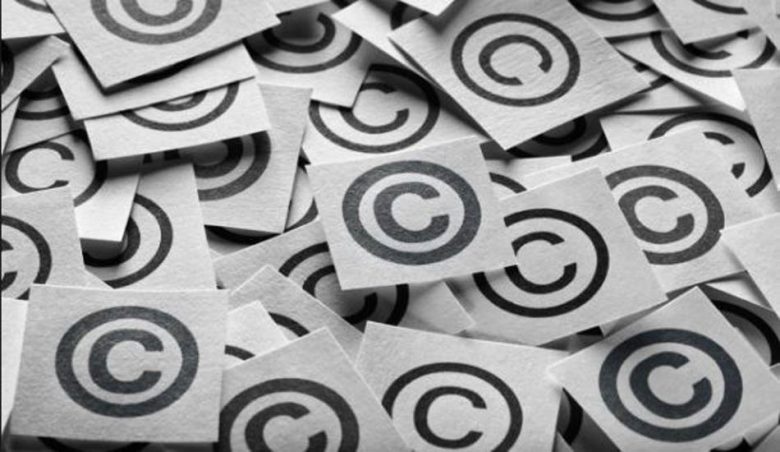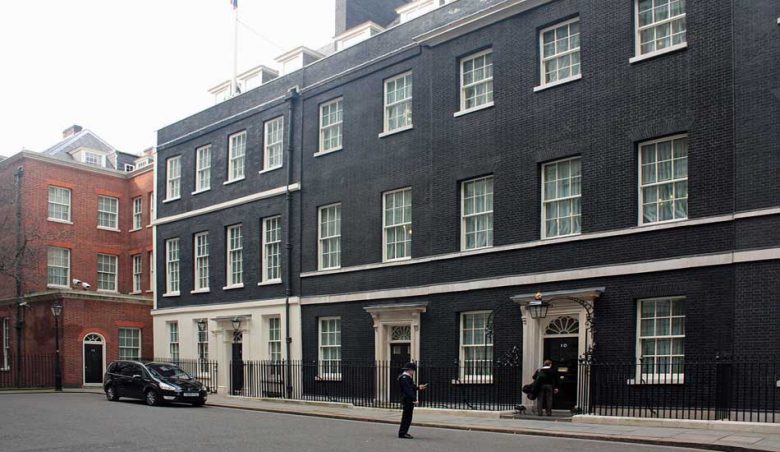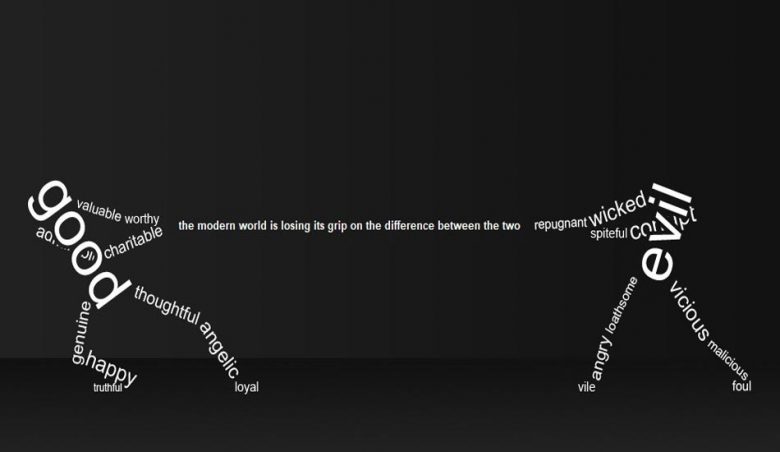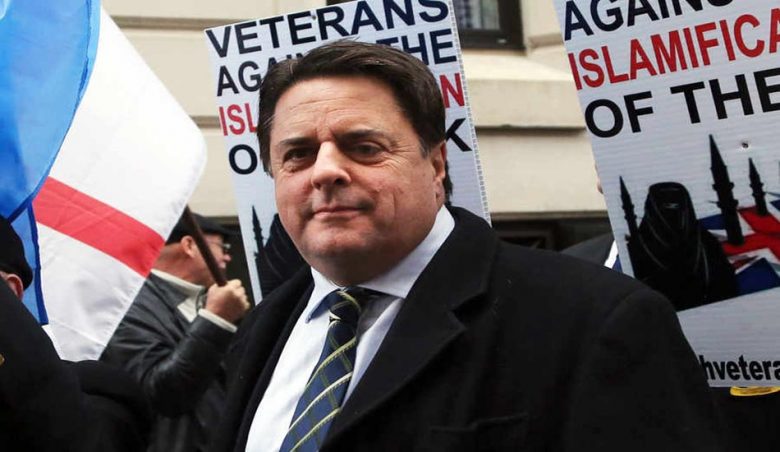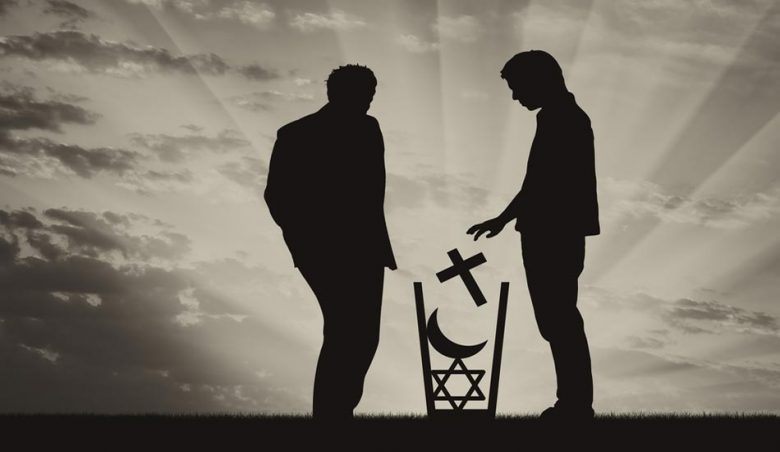When you create something in artistic format such as a piece of writing or music, you automatically get protection to use that creation how you wish without anyone necessarily being able to use it without your permission. This protection is known as copyright and allows the author to exploit their hard work and try and make money from it. The format that you create the piece of work determines how long the protection lasts for – it is not forever – and this duration has been at the heart of some quite strong discussion recently.
Looking specifically at music, to quote the Patent Office website:
Copyright exists in your original music composition or score for your life plus 70 years from the end of the year of your death. The same length of time applies for the lyrics, whereas the sound recording only lasts for 50 years from the end of the year in which it was made or, if published in this time, 50 years from the end of the year of publication. If not published during that 50 year period, but it is played in public or communicated to the public during that period, then copyright will last for 50 years from when this happens.
A socialist might ask why is there a duration at all whilst a capitalist would ask why is it not longer? The two extremes, whilst not really a fair description of the representatives of the two sides of the argument, do allow some form of reasoning to be applied to a) why there is a duration at all and b) why the number of years is set as it is.

